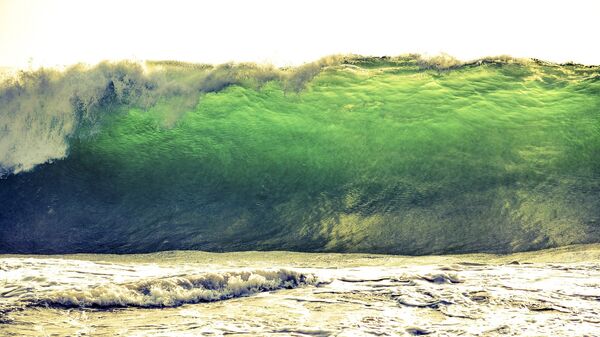A video from Dutch research institute Deltares is making the rounds on Twitter. It showcases a model displaying how mangroves act as a natural defence against waves and how mangrove shelter belts are protectors of coastlines during tsunamis, cyclones, and storms by reducing wave and wind velocity.
This simple video showing how #Mangrove shelter belts are protector of coastline during #tsunami, #cyclone and #storms.
— Parveen Kaswan, IFS (@ParveenKaswan) May 1, 2020
Store #carbon & also provide habitats to various species. Courtesy; Dutch research institute Deltares. pic.twitter.com/uBnNKuyPbv
Mangroves, shrubs or small trees that grow in coastal saline water, are salt tolerant and play a vital role in flood control, soil erosion, carbon shortage, and biodiversity. They have a complex salt filtration and root system to cope with waves and being immersed in salt water.
According to the World Wildlife Fund, more than 35 percent of the world’s wildlife cover has already been depleted, with Asia the hub for mangrove loss. The figure is as high as 50 percent in countries like India, Vietnam, and the Philippines.
Important not not just for their resistance to climatic disasters, mangroves provide habitats to various species and are a vital support for the livelihood of coastal communities.


